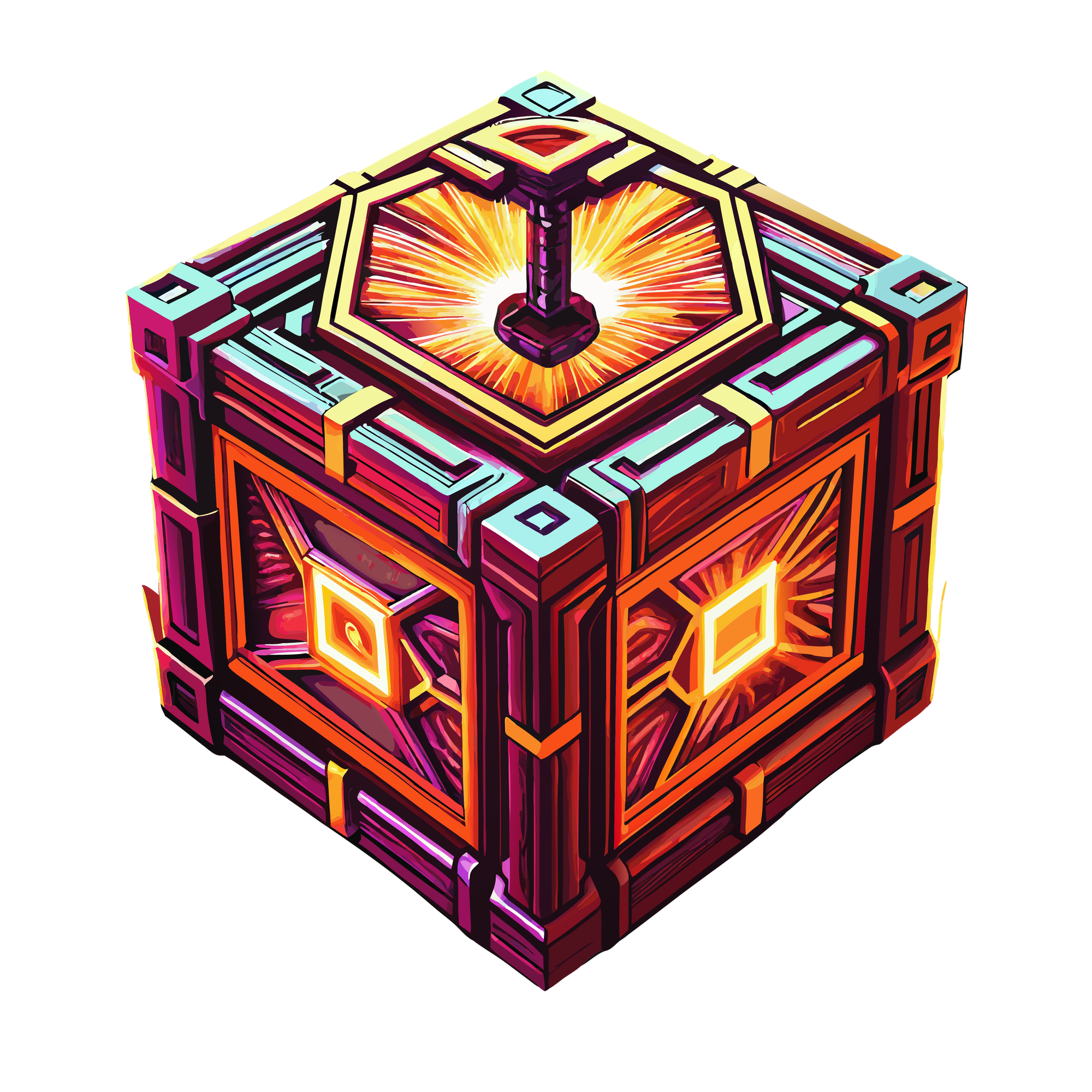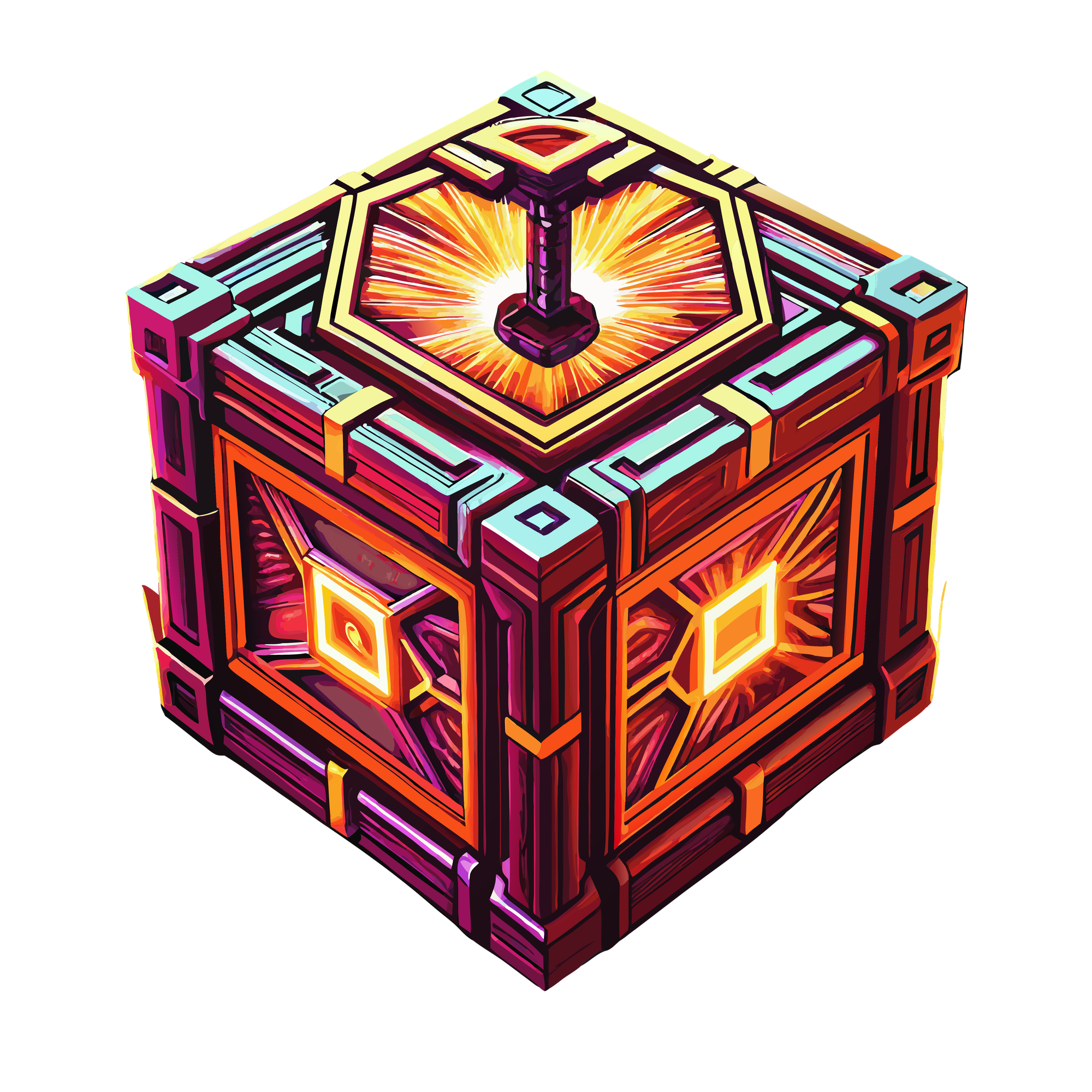Inception
I thought I might take a stab at explaining what my goal is here—urged on by my conscience. Everyone who writes or creates knows how deeply personal it can be, and this is no different. What I’d like you to know is how profoundly I enjoy a good, meaningful story. I’m sure you do as well. And if you’re anything like me, you’ve spent 95% of your life, in some way, shape, or form, inside your own version of The Nexus. Let's dive in.
Story.
Over the years, I noticed something about myself: I’ve become a consumer of shorter and shorter stories. When I was a kid, some of my strongest core memories come from my mom reading to me at night. I distinctly remember all the children’s books, the vibrant visuals, and the enthusiasm in her voice as she read each word. I was hooked on every syllable.
I attribute my love for reading to the school I attended from 1st to 12th grade. There was a massive library that, to me, was nothing short of the Sistine Chapel. We had a designated 55 minutes per day to read, and it was my favorite part of the day for over ten years—along with every second my mom invested in taking me to another world. My mom has always been an extremely simple and humble woman. We had truly modest beginnings, hers even more so. But her unconditional love, and how she manifested it, profoundly shaped my love for storytelling—specifically, our story.
As I move through life, as she and I wither away, I like to think that everything I do originates from the energy she imparted to me. Because it does.
Daydreaming, Imagination, and a Lost Art
If you’re like me, then you have a serious problem with daydreaming. All those classes in middle and high school, learning things we don’t even remember now... but, but, but, but—I remember every daydream I ever had. I’m not here to criticize the American education system (I’ll do that in many blogs under the guise of The Nexus, don’t worry).
Daydreaming, once a gateway to my creativity, has become harder to access, tangled in the clutter of a distracted mind. Somewhere along the way, I lost my sense of taking time to build worlds and use my imagination to think broadly, deeply, and creatively about stories.
I blame a lot of things, but mostly, I blame myself. Adulthood almost always segments our time and drains the energy we can dedicate throughout the day. I sound like I’m complaining, but I’m not. There are people that live an ominous reality. I always like to keep that into perspective. I have never had it even remotely close to being that bad. During those times and in my naivety everything seemed so scarce. I have now come to realized how transcendently wealthy I was as a child. That I always and will always have everything I will ever need.
Memory, Retention, and Our Disconnect
I’ve created thousands of stories to help me remember things. I’ve read a considerable amount about the science of memory, retention, learning, and studying. The inexorable conclusion I’ve come to is this: we just don’t commit enough energy, or we don’t really care. Not enough, anyway.
In storytelling, as in memory, we reclaim what the noise of The Nexus has made us forget—our capacity to focus, connect, and create. Our actions, our inability to stay present, attentive, open, and receptive—it feels like we’ve lost something vital. Something sensitive.
So, What’s the Point?
Get to the point, I’m sure you’re thinking! Okay, here it is: it’s The Nexus’ fault! No, it’s ours. (I’ll point the finger at myself because creative writing advice tells me not to alienate the audience but to let them find themselves in my narrative. So, here goes.)
If The Nexus has weakened our connection to deeper truths, perhaps together, we can rebuild it—one story at a time. With all the bombardment of content and those silly five-second videos we see daily, I noticed something. I was reading more “speed reading” books than actually reading and contextualizing content. What am I saying here? I’m saying we skim more than we enjoy. No wonder nothing sticks.
Why Write at All?
So why write a (fill in the blank for what The Nexural Codex is to you)? My writing style is sub-par. I’m a funny-looking individual, so dancing videos wouldn’t garner much traction. I think I’m funny, but only my mom tells me that. So, why write?
Well, writing forces you to slow down. It pushes you not to sound shallow, boring, pedantic, or horrifically uninspiring. Writing and creating something makes you consider all angles—your cadence, your word choice, your messaging, your personality. It even forces you to think about your likability score, how many people open your emails, and how many hits your website gets.
I understand why some writers are so well put together; there’s no pressure to be "interesting".
Designing Something Different
To remove all the pressures, I’ve done a little system design here. I’ve created something I would personally find interesting as a subscriber. It’s the “Niche of the Niche’s Niche.” There’s a digital stack of notes I could include to sound nerdy and scholarly, but honestly, my guiding principle is simple:
To be interesting, one needs to be interested.
That’s my superpower—I’m interested. I find most things interesting. And if they aren’t, I put them through the Eidocrypt and create a scenario where they become interesting. I hope you’ll find these stories as compelling to unlock as I find them to create.
I refuse to stay a passenger, merely hearing people speak. I want to be an observer—and a creator. My intention isn’t just to listen to the radio but to make some wild crazy fun music. Like listening to Hybrid Theory for the first time. If you're a millennial you know the feeling I'm talking about.
A New Perspective
Rather than looking at everything linearly and following what everyone else is doing, why not treat this as an experiment? Like the story of The Nexural Codex, you’ll find that the characters are deeply flawed—just as I am deeply flawed. (Creative writing class says not to point fingers, so don’t feel attacked.)
I’ve had the luxury and foresight to reflect on what I’m doing here. It’s really about organizing my thoughts so they are coherent and reflective of who I am—to myself. I’m learning to like myself a little more, listen to myself, and to intensely listen to others as well.
If you’re thinking this sounds like a lot of work, my goodness, it is. It’s both exhausting and rewarding. It’s definitely not for everyone, just as not everything out there is to my liking.
This is one giant therapy session. Maybe you picked up on that at some point. I’m huge on subtext, reading between the lines, ciphers, and treasure hunting. That’s my favorite part of all this—the golden little nuggets people leave in their stories and that I will leave in mine. Like those indie movies where 40% of the story is up to interpretation, and there I go, staying up until 4 a.m. watching YouTube videos of people unpacking their ideas of what was implied. Holy smokes, those are fun.
My hope is that, in my doing, you’ll maybe learn a historical reference, discover a book I recommend that you love, encounter a quote that hits you like a ton of bricks, or come across a statistic that changes your perspective. Maybe you’ll even learn about tech in a new, non-linear way... you get the point.
And if, by happenstance and my temerity, even 1% of the enjoyment I get from publishing every week rubs off on you, I’ll take solace in the fact that we’re establishing a deeper level of communication through the Nexus—and that I managed to pull you away from doom-scrolling for a couple of minutes each week. That is what the Nexural Codex Means to me. It also makes Nexalith furious, and that something I also take substantial satisfaction in knowing.


